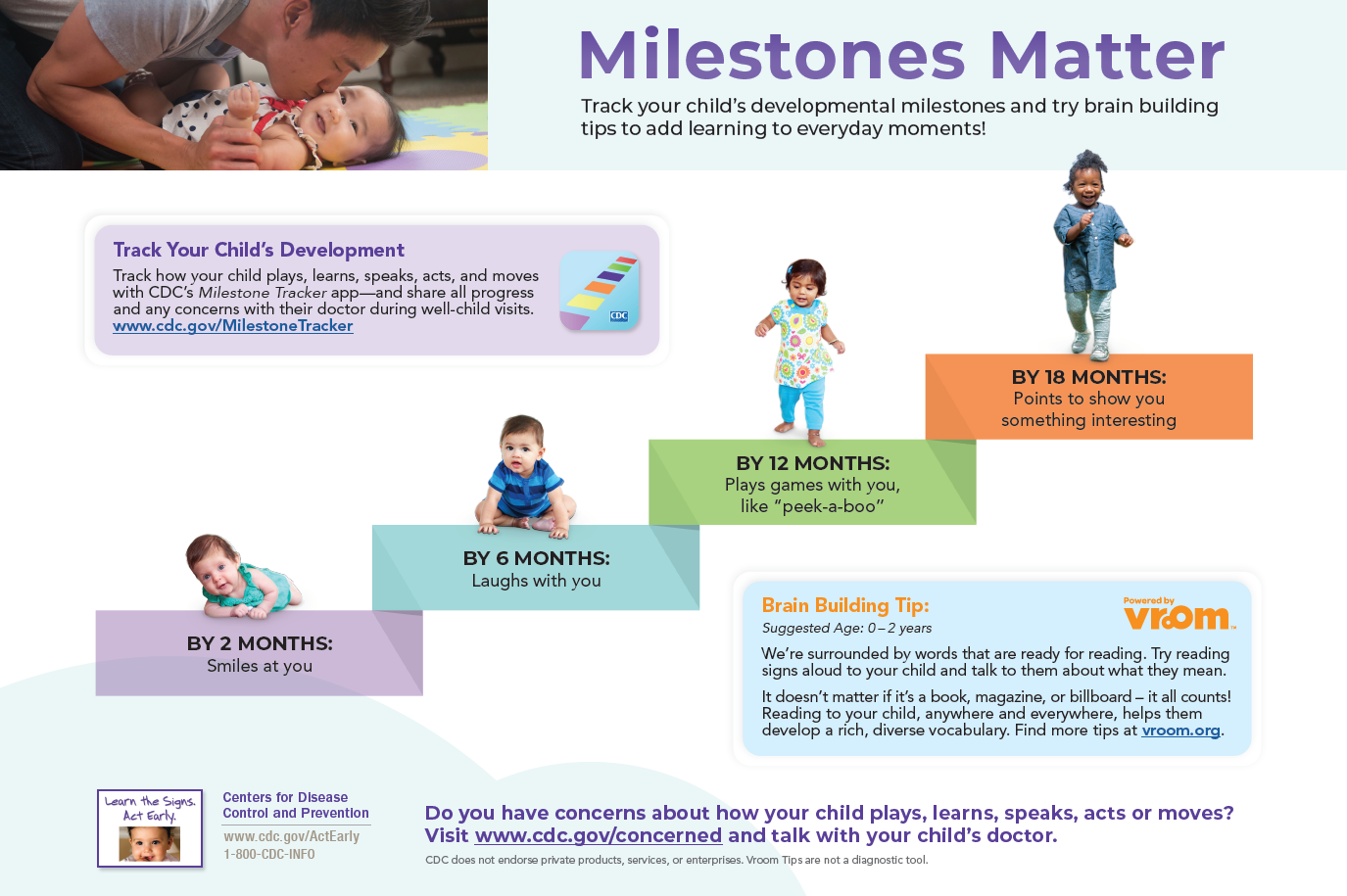As parents, we are often awe-inspired by the rapid growth and development of our little ones. From their first smile to their first steps, every milestone feels like a grand achievement. But have you ever wondered what drives these transformations? How does a baby transform into a toddler, and then into a curious preschooler? Understanding child development is not only fascinating but also invaluable in providing the right environment to help our children thrive. In this blog post, we will dive deep into the world of child development, exploring the major milestones and offering practical advice along the way.

From the minute they are born, babies start their incredible journey of growth and development. The stages of child development are typically categorized into five main areas: physical, cognitive, social, emotional, and language development. Let’s take a closer look at each of them.
Physical development refers to the overall growth of a child’s body and motor skills. From lifting their head during tummy time to taking their first wobbly steps, physical development encompasses a wide range of milestones. As a parent, it is crucial to provide a safe and stimulating environment that encourages physical exploration. Offer age-appropriate toys and opportunities for movement to help your child strengthen their muscles, develop coordination, and improve their fine motor skills.
Cognitive development focuses on a child’s learning, problem-solving, and thinking abilities. During the early years, infants and toddlers are like sponges, absorbing information from their surroundings. Engaging in activities that promote cognitive growth, such as reading books, playing puzzles, and introducing shapes and colors, will help stimulate their brain development. Encourage curiosity and exploration, as these are essential for a child to develop critical thinking skills and a thirst for knowledge.
Social and emotional development plays a vital role in shaping a child’s personality and their ability to form relationships with others. From the first smile in response to a caregiver’s affection to making friends at school, these milestones are crucial for building healthy interpersonal skills. As a parent, you can support your child’s social and emotional development by providing a loving and nurturing environment. Establish routines, encourage empathy and kindness, and provide opportunities for social interaction, whether it’s through playdates or joining community groups.
Language development encompasses a child’s ability to communicate using speech, gestures, and later, writing. As babies, they begin by cooing and babbling and gradually progress to forming words and sentences. Engaging in conversations, singing songs, and reading aloud are all effective ways to promote language development. It’s essential to speak to your child using proper grammar and vocabulary, as they learn best through imitation. Remember, every word you exchange with them helps lay the foundation for their linguistic abilities.
Now that we have explored the different areas of child development, let’s delve into some practical advice to support your child’s growth:
1. Follow your child’s lead: Each child develops at their own pace, so it’s important to respect their individual journey. Take cues from your child’s interests and abilities, and adapt activities accordingly. Embracing their unique strengths and challenges will foster a positive learning environment.
2. Create a nurturing home environment: Surround your child with love, support, and positive reinforcement. Celebrate their achievements, no matter how small. Emphasize open communication and create a safe space where they can express their feelings.
3. Provide opportunities for play: Play is the language of childhood and the foundation of learning. Encourage imaginative play, engage in constructive play with blocks or puzzles, and allow unstructured playtime where your child can explore their creativity.
4. Establish routines: Routines provide structure and predictability, which helps children feel secure. By having consistent meal times, bedtime rituals, and playtime routines, you establish a sense of order that is beneficial for their overall development.
5. Embrace nature and outdoor play: Nature offers endless opportunities for learning and exploration. Encourage your child to spend time outside, whether it’s playing at the park, going for nature walks, or simply discovering bugs in the backyard. The great outdoors can enhance physical development, stimulate imagination, and foster a sense of wonder.
6. Be a role model: Children learn by observing and imitating their parents and caregivers. Model the behaviors you want to see in your child, including kindness, empathy, and positive problem-solving. Your actions speak louder than words, and they will influence your child’s development profoundly.
Understanding child development is a never-ending journey that evolves with each passing day. By staying informed about the milestones, providing a nurturing environment, and offering opportunities for growth, you can support your child’s development in the best possible way. Celebrate their achievements, be patient during challenging times, and most importantly, cherish every magical moment on this incredible journey together. Happy parenting!
(Note: The above content is not written by a professional child development expert and should not be substituted for professional advice. Please consult your pediatrician or seek guidance from certified child development professionals for personalized recommendations.)


